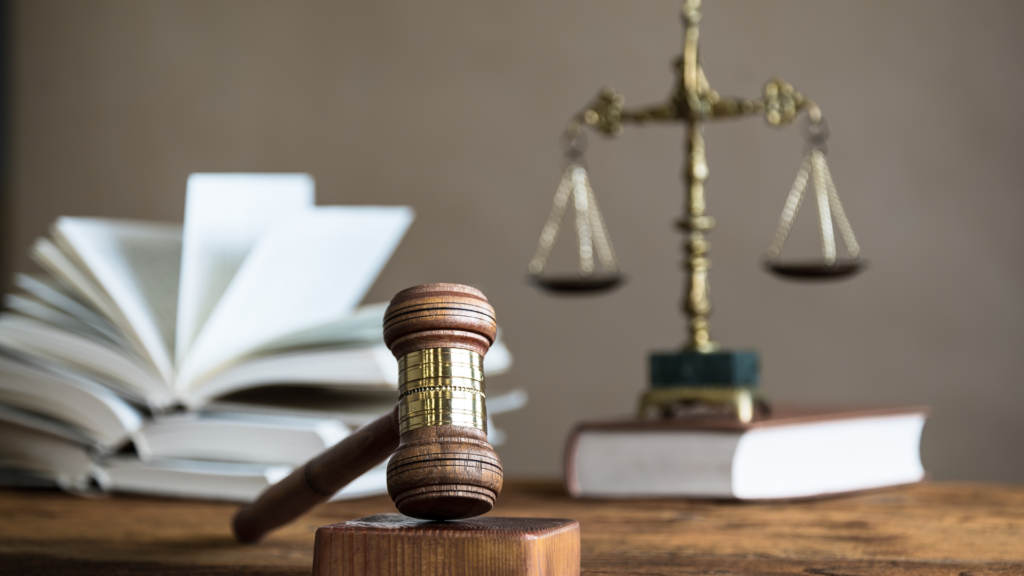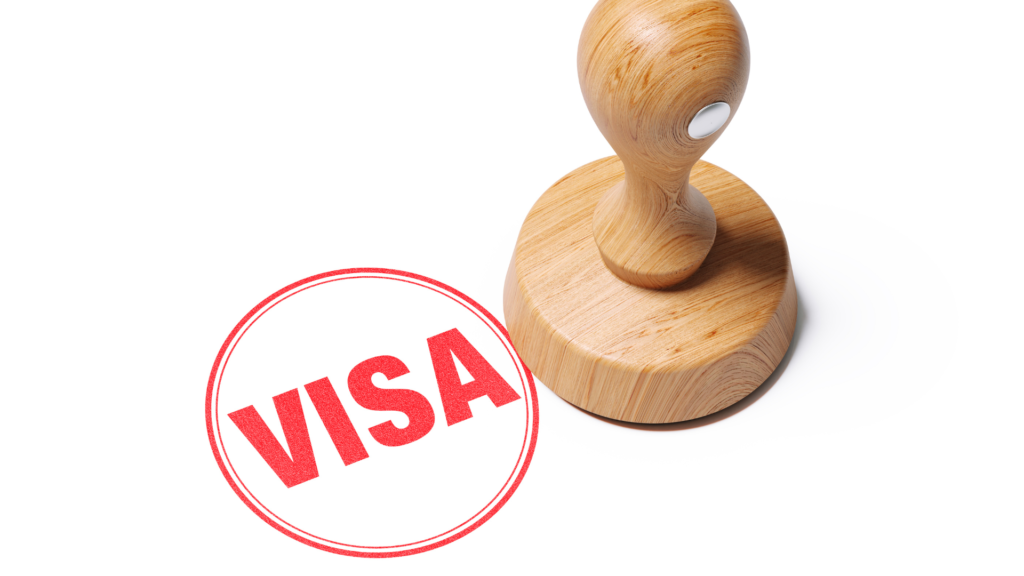A Power of Attorney (POA) is a crucial legal document that grants authority to an individual or entity to act on behalf of another person in legal, financial, or personal matters. In the UAE, POAs are widely used for business transactions, property management, court representation, and other legal formalities. Understanding how to draft, authenticate, and execute a POA in the UAE is essential for residents, investors, and business owners.
Types of Power of Attorney in the UAE
The UAE recognizes several types of POAs, each serving different purposes:
1. General Power of Attorney – Grants broad authority to the appointed representative to handle various legal and financial matters, such as property transactions, banking operations, and business management.
2. Special (Limited) Power of Attorney – Provides restricted powers for specific tasks, such as signing a particular contract, selling a property, or representing someone in court for a single case.
3. Medical Power of Attorney – Allows a trusted person to make healthcare decisions on behalf of the grantor if they become incapacitated.
4. Financial Power of Attorney – Authorizes an agent to manage financial affairs, including bank transactions, investments, and tax filings.
Why is a Power of Attorney Important in the UAE?
The UAE’s legal system requires proper documentation for any representative actions. A POA ensures:
- Legal Compliance – Without a valid POA, third parties (banks, government offices, courts) may reject authorized actions.
- Convenience – Expats and business owners who travel frequently can appoint a trusted person to handle affairs in their absence.
- Protection – A well-drafted POA prevents misuse by clearly defining the agent’s powers.
How to Draft a Power of Attorney in the UAE
Creating a POA in the UAE involves several steps:
1. Determine the Type of POA Needed – Decide whether a general or limited POA is required based on the scope of authority.
2. Draft the Document – A POA must include:
- Names and details of the principal (grantor) and the attorney (agent).
- Specific powers granted (e.g., property sale, court representation).
- Duration of validity (some POAs are valid indefinitely, while others expire after a set period).
- Witnesses and notarization clauses.
3. Notarization and Legalization – The POA must be:
- Signed in front of a notary public in the UAE.
- Translated into Arabic (if originally in another language).
- Attested by the Ministry of Foreign Affairs (MOFA) for international use.
4. Registration (If Required) – Certain POAs, especially those related to real estate, must be registered with the Dubai Land Department (DLD) or other relevant authorities.

Revoking a Power of Attorney in the UAE
A POA can be revoked under the following conditions:
- The principal submits a revocation request before a notary public.
- The POA has an expiration date that has passed.
- The principal passes away or becomes legally incapacitated.
Once revoked, the agent loses all authority, and third parties must be formally notified to prevent unauthorized actions.
Common Uses of Power of Attorney in the UAE
- Real Estate Transactions – Buying, selling, or managing property.
- Business Operations – Authorizing a manager to sign contracts or open bank accounts.
- Court Representation – Allowing a lawyer to act on behalf of a client.
- Banking & Financial Matters – Handling loans, investments, or account management.
Challenges and Considerations
- Language Requirements – Arabic is the official legal language; translations must be accurate.
- Legal Formalities – Failure to notarize or attest the POA can render it invalid.
- Agent Selection – Choosing a trustworthy representative is critical to avoid fraud.
Conclusion
A Power of Attorney in the UAE is a powerful legal tool that facilitates smooth transactions and representation. Whether for business, property, or personal matters, ensuring proper drafting, notarization, and registration is essential. Consulting a legal expert can help avoid pitfalls and ensure compliance with UAE laws.
By understanding the process and requirements, individuals and businesses can effectively use POAs to manage their affairs securely and efficiently in the UAE.


